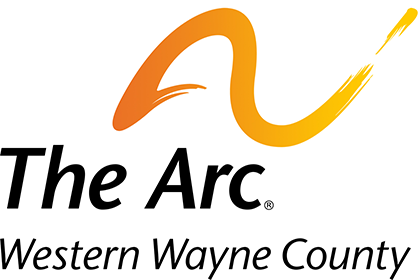Once appointed, the guardian has a fiduciary obligation to the person with a disability. This means the guardian must act primarily for the benefit and in the best interest of the person with a disability. The duties of a guardian of the person is based on the powers ordered by the probate court, and may include such powers as custody of the person, providing for the care, comfort and maintenance, and arranging for educational, medical and psychological services.
When making major life decisions for the individual such as medical treatment and residential arrangements, the guardian should always consider the preferences of the person with a disability. The guardian has a duty to also file annual reports to the court on the estate or person with a disability regarding the status and care of the individual over the past year.
There are several areas of decision-making that are not included as part of the powers of a guardian, unless specifically ordered by the probate court. These include termination of end-of-life treatment and other fundamental and or constitutional rights, for example freedom of religion.
A conservator also has a fiduciary obligation to manage the person’s money and property for the primary benefit of the person, such as investing money, making payments to meet the person’s needs, and protecting the property. The conservator must file annual accountings with the probate court to show how much money and other assets were received and how the person’s money was spent.
These are complex and confusing areas of law. You should talk to a knowledgeable attorney or advocate if you have questions.
Phone code: 1453

Recent Comments